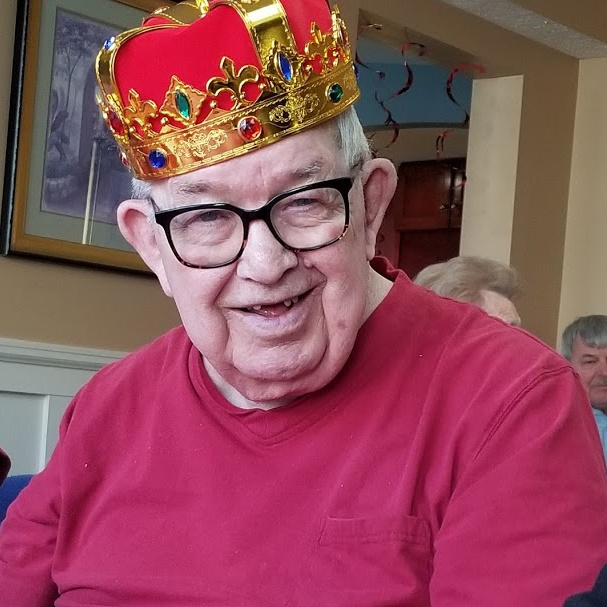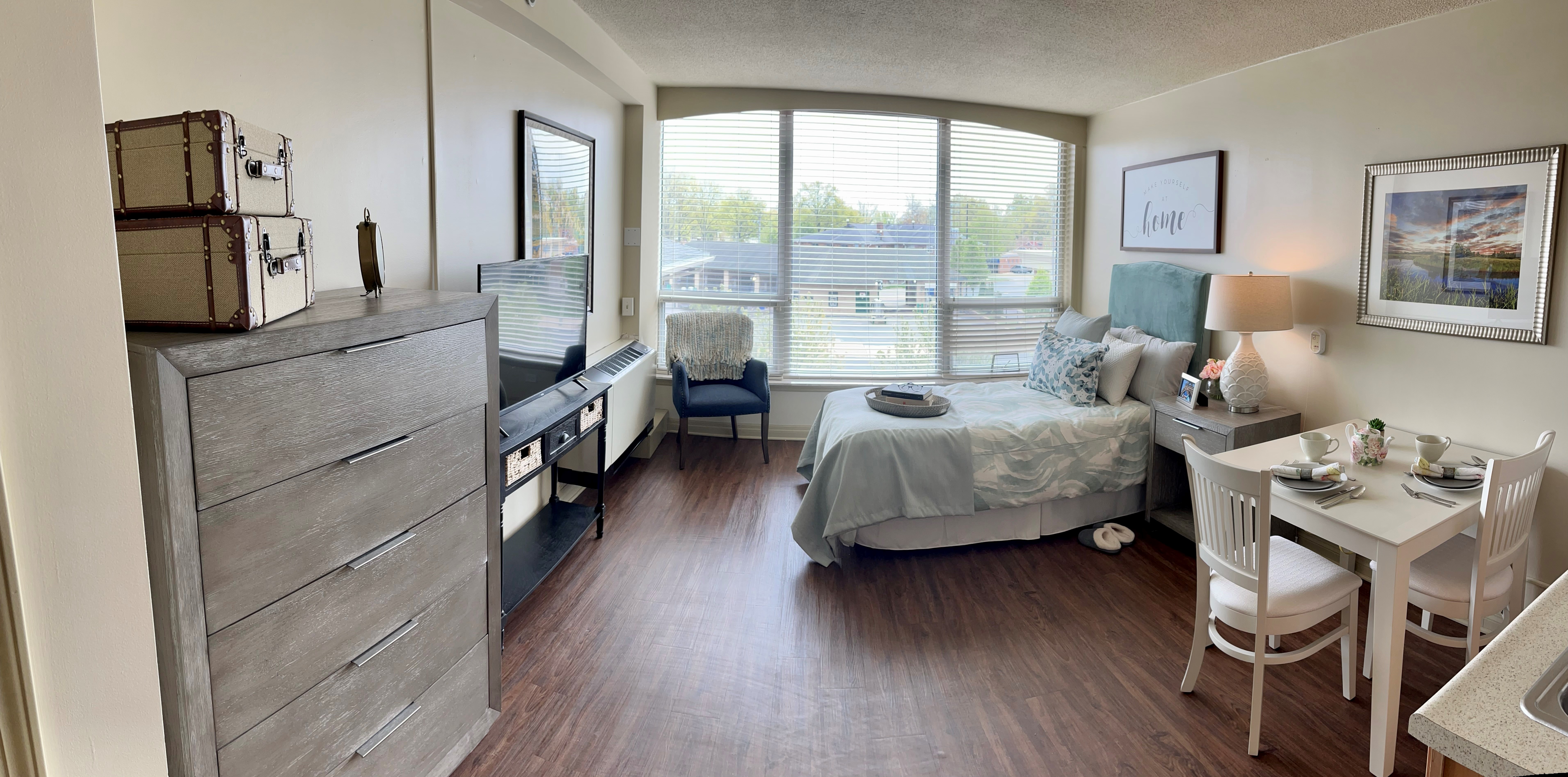Trusted Charlotte Memory Care: Professional Support for Your Loved Ones
Trusted Charlotte Memory Care: Professional Support for Your Loved Ones
Blog Article
What to Expect in Memory Treatment: A Comprehensive Guide to In-Home Provider
Browsing the landscape of memory take care of a liked one can be a complex and emotionally charged experience. As family members pertain to terms with the obstacles of caring for a person with amnesia, the world of in-home services uses a lifeline of assistance and specialized treatment. Recognizing what to anticipate in memory treatment is important for making certain the wellness of both the individual with memory problems and their caregivers. From tailored day-to-day activities to safety and security procedures and caretaker sources, this overview intends to drop light on the extensive range of solutions readily available to those beginning on the journey of at home memory treatment.
Daily Routines and activities
Taking part in organized everyday activities and regimens is a basic component of providing high quality take care of individuals in memory care facilities. These tasks are meticulously developed to accommodate the specific needs of homeowners with cognitive disabilities, such as Alzheimer's illness or mental deterioration. Daily regimens play an essential role in maintaining a feeling of knowledge, protection, and objective for individuals in memory care.

Moreover, daily regimens help people in memory care centers to feel even more oriented and much less distressed. Uniformity in timetables and tasks can minimize confusion and agitation, supplying a sense of stability and comfort. Caregivers and employee play an important duty in promoting these activities, ensuring that each resident obtains personalized and caring treatment tailored to their unique choices and capabilities.
Specialized Treatment Solutions
Within memory treatment facilities, specialized treatment solutions are necessary to address the unique demands and difficulties dealt with by individuals with cognitive problems such as Alzheimer's disease or dementia. These solutions are designed to give tailored assistance that satisfies the specific requirements of residents dealing with memory loss. Specialized treatment services in memory treatment facilities often include individualized care strategies, help with activities of everyday living, drug management, and behavior treatments focused on enhancing quality of life and minimizing distress.
Furthermore, memory care centers normally provide structured programs and activities especially made to promote cognitive function and promote social interaction amongst residents. These tasks might include memory-enhancing exercises, sensory stimulation therapies, and memory therapy sessions. In addition, specialized care services commonly entail regular tracking of citizens' health and wellness and well-being by experienced personnel that are furnished to handle the special difficulties associated with cognitive decrease.
Precaution and Atmosphere
Carrying out rigorous safety steps and producing a safe environment are extremely important top priorities in memory care facilities to make certain the wellness and protection of locals with cognitive problems. Safety in memory care starts with protected building layout, including secured doors and kept track of access to avoid locals from roaming outside unsupervised. Furthermore, facilities frequently have security system and surveillance video cameras to monitor residents and react rapidly to any type of emergencies. Inside, the setting is very carefully planned to reduce threats, with handrails, order bars, and non-slip flooring to avoid drops. Furnishings is prepared to assist in easy navigation, and potentially unsafe things are locked away or removed. Personnel get specialized training in dealing with emergencies, de-escalating challenging actions, and making certain the safety and security of residents whatsoever times. Routine safety and security assessments are conducted to recognize and attend to any possible threats promptly. By prioritizing safety steps and keeping a secure setting, memory care facilities purpose to provide a safety and encouraging setting for people with cognitive disabilities.
Interaction and Involvement Methods
With an emphasis on fostering purposeful interactions and improving lifestyle, effective interaction methods play a crucial duty in supporting people in memory care centers. Interaction in memory treatment includes understanding the unique demands of homeowners who might have cognitive problems like dementia. Basic language, clear directions, and non-verbal cues such as motions and faces are crucial devices for effective interaction. Caretakers need to come close to residents with compassion, regard, and perseverance, producing an encouraging atmosphere where people really feel comprehended and valued.
Interaction methods are also crucial in memory treatment, assisting citizens remain energetic, boosted, and linked to their surroundings. Charlotte Memory Care. By focusing on customized interaction and interaction methods, memory treatment facilities can enhance the total well-being and quality of life for their homeowners.
Caregiver Assistance and Resources
Given the vital role caretakers play in executing effective interaction and engagement methods for citizens in memory treatment facilities, supplying adequate assistance and sources is vital to ensure the wellness of both the caretakers and the people under their care. Caretakers in memory care settings frequently deal with special difficulties that can affect their physical and emotional well-being. To attend my company to these obstacles, numerous support group and sources are offered to assist caretakers in supplying the most effective possible treatment.
One essential type of assistance is caregiver education and training programs. These programs outfit caregivers with the essential skills and knowledge to successfully handle the signs and habits related to amnesia. Furthermore, support system provide caregivers the chance to get in touch with others who are experiencing similar challenges, supplying a sense of community and understanding.

Verdict

Involving in organized day-to-day tasks and regimens is a fundamental element of supplying high quality care for individuals in memory treatment centers.Within memory treatment centers, specialized care services are vital to attend to the unique demands and challenges encountered by people with cognitive disabilities such as Alzheimer's illness or dementia. Specialized care services in memory treatment facilities commonly include individualized treatment plans, support with tasks of daily living, medicine monitoring, and behavioral therapies intended at enhancing quality of life and decreasing distress.
Provided the essential function caregivers play in implementing reliable interaction and involvement techniques for residents in memory treatment centers, offering adequate support and resources is important to ensure the health of both the caregivers and the individuals under their treatment. Daily activities, specialized care services, safety and security steps, interaction approaches, and caretaker assistance are my sources key parts of in-home memory care.
Report this page